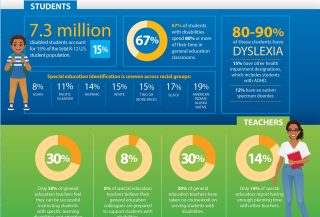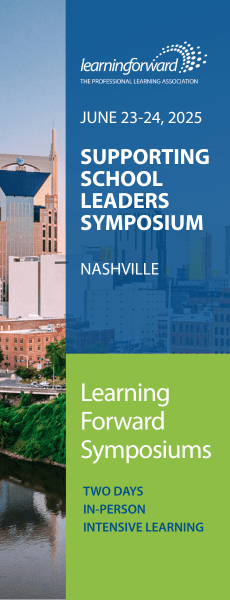RESEARCH
Restorative practices benefit both teachers and students
By Elizabeth Foster
Categories: Evaluation & impact, Reaching all students, Research, Standards for Professional LearningDecember 2021
Read the remaining content with membership access. Join or log in below to continue.
Sed ut perspiciatis unde omnis iste natus error sit voluptatem accusantium doloremque laudantium, totam rem aperiam, eaque ipsa quae ab illo inventore veritatis et quasi architecto beatae vitae dicta sunt explicabo. Nemo enim ipsam voluptatem quia voluptas sit aspernatur aut odit aut fugit, sed quia consequuntur magni dolores eos qui ratione voluptatem sequi nesciunt. Neque porro quisquam est, qui dolorem ipsum quia dolor sit amet, consectetur, adipisci velit, sed quia non numquam eius modi tempora incidunt ut labore et dolore magnam aliquam quaerat voluptatem.
The Study
Augustine, C.H., Engberg, J., Grimm, G.E., Lee, E., Wang, E.L., Christianson, K., & Joseph, A.A. (2018). Can restorative practices improve school climate and curb suspensions? An evaluation of the impact of restorative practices in a mid-sized urban school district. RAND Corporation. www.rand.org/pubs/research_reports/RR2840.html

Elizabeth Foster is the senior vice president of research and strategy at Learning Forward. She leads the organization’s research efforts for partnerships, programs, and fundraising. Elizabeth co-wrote the Standards for Professional Learning (2022) with Tracy Crow and now facilitates learning sessions about the standards and develops resources that support their use and implementation.
Categories: Evaluation & impact, Reaching all students, Research, Standards for Professional Learning
Recent Issues
LEARNING DESIGNS
February 2025
How we learn influences what we learn. This issue shares essential...
BUILDING BRIDGES
December 2024
Students benefit when educators bridge the continuum of professional...
CURRICULUM-BASED PROFESSIONAL LEARNING
October 2024
High-quality curriculum requires skilled educators to put it into...
LEARNING TO PIVOT
August 2024
Sometimes new information and situations call for major change. This issue...












